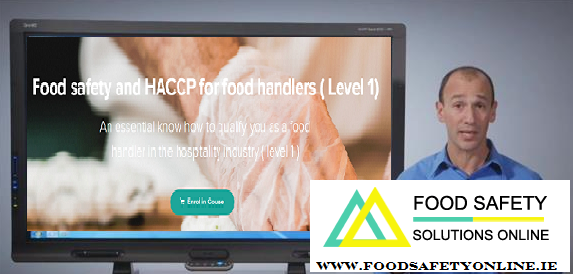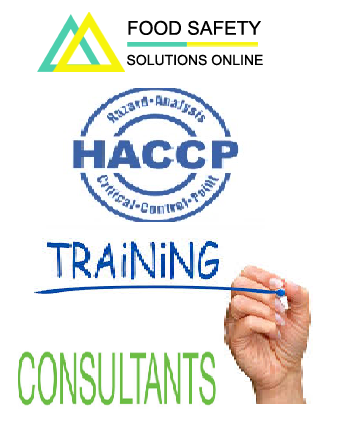Like food safety being a major concern, food waste is also concern. The main sources of food waste in the food industry is at the production end. Within the food industry, waste occurs at every step — on the farm and with packers, processors, distributors, and retailers. Some of it is the result of economic forces, some of management problems, and some is caused simply by dumping products that are less than perfect in appearance. Several agencies are cooperatively working with food industry entities to identify ways of reducing food......
Continue Reading






